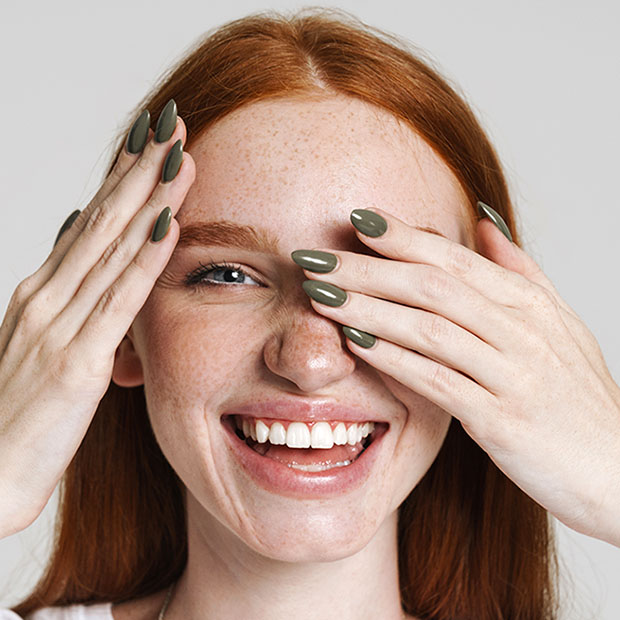Essential Eye Health Tips

Healthy eyesight is an essential yet often overlooked aspect of living a fulfilling life.
About one in six adults contends with eye conditions that could lead to significant vision loss or even blindness, such as glaucoma, diabetic retinopathy, macular degeneration, and cataracts. These risks increase with age, but there are proactive measures we can take to protect our vision and reduce the likelihood of developing these conditions.
Adopting Lifelong Healthy Habits
A nutritious diet and regular physical activity are not only critical for maintaining overall health but are also vital for eye health. Consuming fruits and dark leafy greens in particular supports eye health. Coupled with regular exercise and avoiding smoking — a significant risk factor for various eye diseases — these habits are foundational to maintaining good vision.
The Necessity of Regular Doctor Visits
Chronic conditions like diabetes and high blood pressure, if left untreated, can lead to severe eye problems and other health issues. Diabetes, for instance, increases the risk of conditions such as macular degeneration and diabetic retinopathy, while untreated high blood pressure can cause eye strokes. Regular check-ups with your doctor can help catch these issues early, allowing for effective management and treatment.
Monitoring Changes in Vision
Changes in vision can be subtle and gradual, making them easy to overlook. It’s important to keep track of any changes in your vision and consult an eye doctor promptly if you notice any alterations. Regular eye exams can help update your prescriptions and detect early signs of potential eye conditions. Sudden changes like flashes of light, dark spots, blurry vision, or an increase in floaters should be treated as emergencies, as they could signify serious issues like retinal detachment, which requires immediate attention to prevent permanent loss of vision.
Understanding Your Risk Factors
Being aware of your personal risk factors is crucial in eye health management. Factors like family history, diabetes, and high blood pressure can increase your risk of developing eye diseases. While we can’t control age or genetics, we can influence our health through diet, exercise, using UV-blocking sunglasses, and adhering to a regular eye exam schedule.
The Role of UV-Blocking Sunglasses
Just as UV rays can damage the skin, they can also cause lasting harm to our eyes. Wearing sunglasses that block 100% of UV-A and UV-B rays is essential for protecting your eyes, particularly on bright days. Opt for polarized lenses if possible, as they reduce glare more effectively, which is especially beneficial when driving.
Making Eye Exams a Priority
Regular eye exams are crucial for maintaining eye health. While some eye conditions cannot be reversed, early detection can slow or even stop their progression, preserving your vision. During your next visit, we can discuss the best schedule for your eye exams and provide additional tips to keep your vision sharp. Remember, taking care of your eyes is a lifelong commitment that can help ensure a high quality of life as you age.